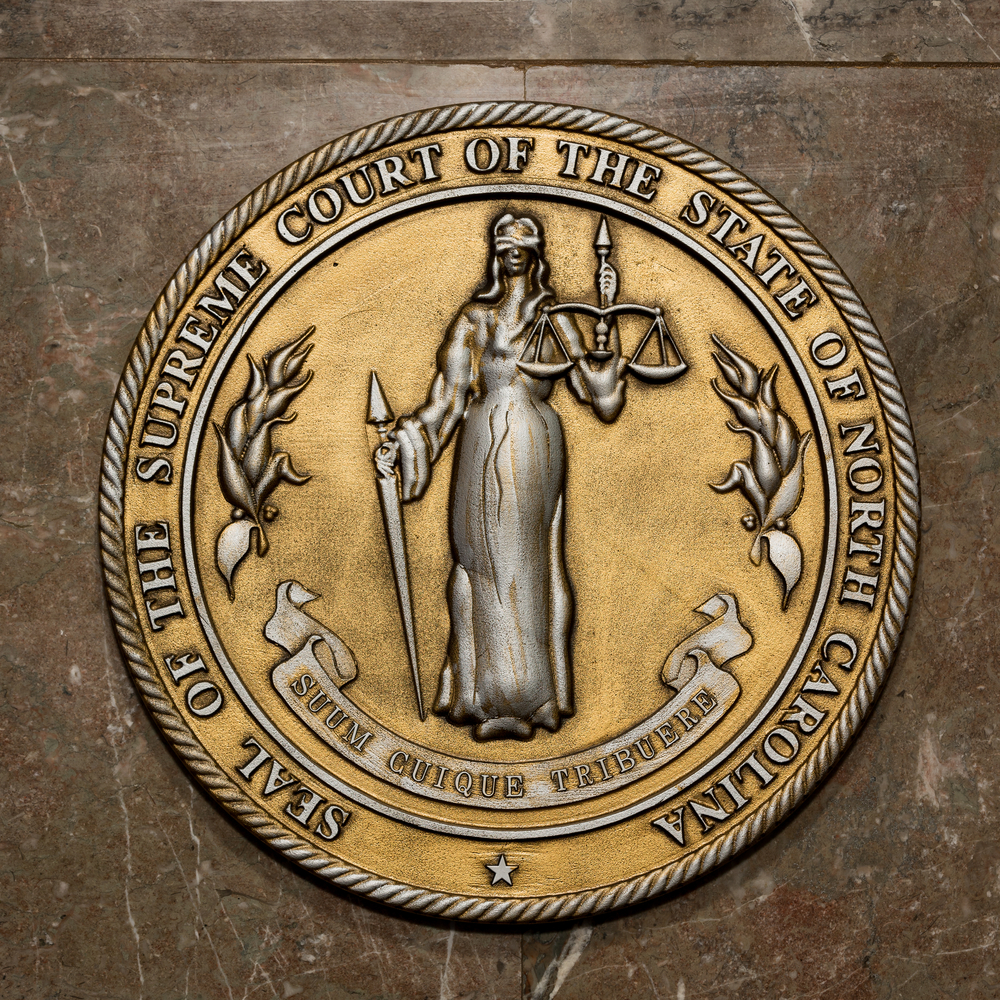Experience matters when your family or your liberty is on the line.
Choosing the right North Carolina appellate attorney is an important decision. Appeals are subject to a complex set of procedural rules and deadlines. If those rules are not followed, your case may be dismissed.
We’ve been handling appeals since 2001.
Our firm has represented over 150 appellants before the North Carolina Court of Appeals and Supreme Court and the United States Court of Appeals for the Fourth Circuit. In many cases, our clients have obtained extraordinary relief. For example, in recent years we have:
- Obtained reversals of orders permanently terminating parental rights and awarding custody and guardianship of minor children
- Won new trials for clients convicted of second-degree murder and other serious felony offenses
- Had a life sentence vacated for a client convicted of federal felony drug offenses
- Reduced state sentences based on erroneous calculation of the client’s prior record level and other sentencing errors
While these results don’t guarantee an outcome in your case, we will carefully study the record and the applicable law and raise the best arguments available.
Steps in the appeal process in North Carolina
An appeal in North Carolina involves several steps after a notice of appeal is filed:
- The appellant obtains the transcript of the trial court proceedings and a copy of the court file.
- The appellant serves a proposed record on appeal upon the other parties to the case.
- The parties settle and file the record on appeal. The record on appeal includes the transcripts, relevant pleadings, motions, orders, and judgments, and exhibits introduced at trial.
- Each side submits their written arguments in the form of briefs.
- Oral argument may or may not occur.
- The appellate court issues a written decision.
The entire process can take a year or more. In federal cases, the process is similar, except that the appellant files a “joint appendix” (the equivalent of the record on appeal) at the same time that his or her opening brief is due.
Helping trial attorneys get the best results for their clients
If you are a trial attorney who does not routinely handle appeals, call us. We’ll talk you through what you need to do in court to preserve objections and issues for appeal. If a judgment is entered against your client, we can partner with you by: (1) reviewing the transcript and identifying issues most likely to succeed on appeal, (2) preparing the proposed record on appeal and record on appeal, (3) assisting with drafting the briefs, and (4) helping you prepare for oral argument.


